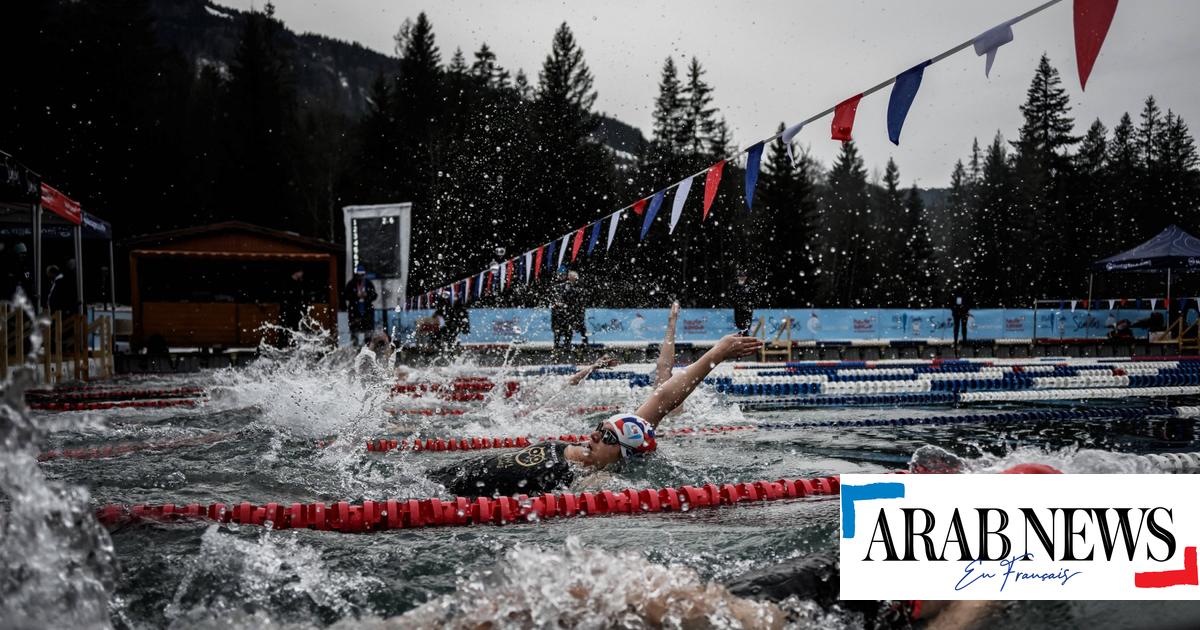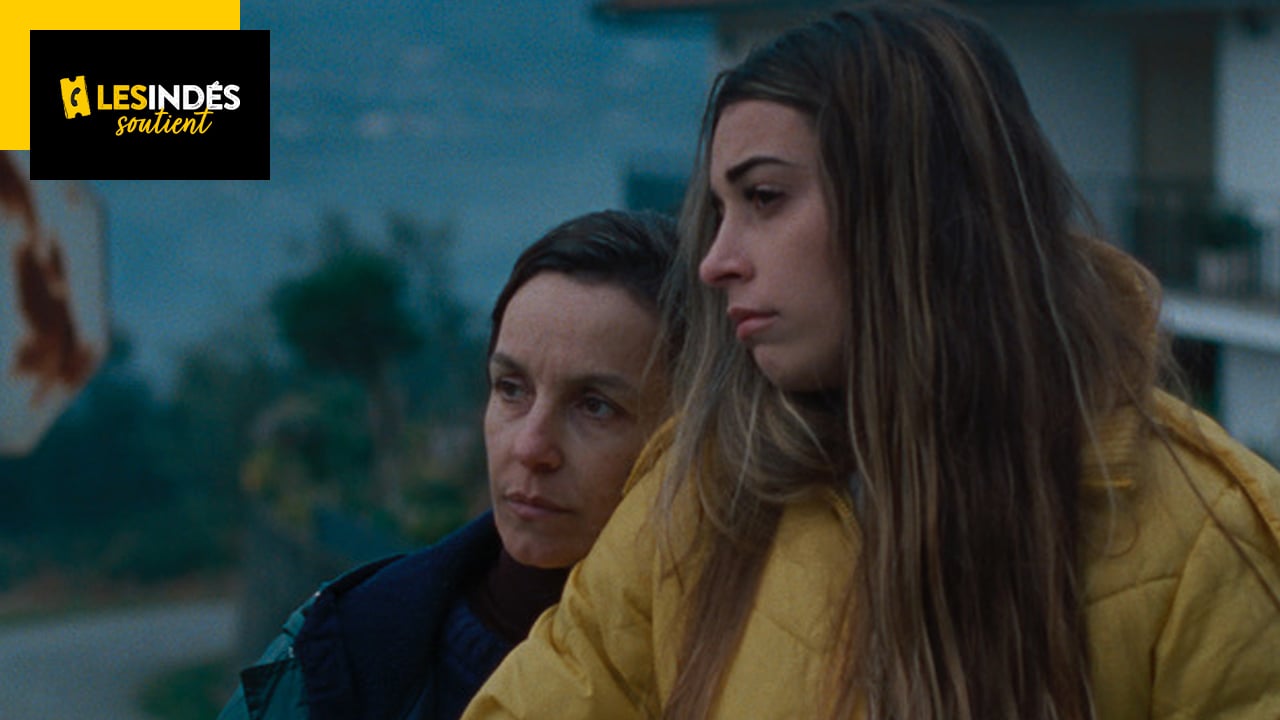
Samoan, France: They trained in lakes, rivers, at the foot of glaciers in Patagonia, and even in freezers … Almost 500 athletes from many countries are taking part this week in the 5th World Swimming Championships in the frozen waters of a lake in Haute-Savoie in eastern France near the Swiss border .
The scene is rather unusual on this chilly January day in the stately setting of the French Alps in Samoa: At the invitation of the race judges, a first group of swimmers in classic swimsuits and caps glide across the 25-metre pool that has just . It was cleared of the ice layer. The temperature below is 4.3°C, which is cool enough for this small system to practice in waters below 5°C.
On the edges, the atmosphere is concentrated: the 1000m queen’s class, is also an ‘all-hazards race’ because of the dangers of hypothermia: body temperature can drop to 32-33°C, which leads to slipping.
To deal with any failure, the swimmers are closely monitored by dozens of officials, rescue workers and divers who can force them out of the water if they sense danger. Each contestant is accompanied by an “assistant” who monitors the grain. Another manager said: “The cold is so deceptive, they’re in a trance.”
After the race, the swimmers half stunned and half chubby, skin spotted with frostbite, are led into the “warm-up rooms” where they go through several phases of saunas and jacuzzis: “work to heal” and back in the energy-demanding heat,” explains the race commentator at the microphone.
The discipline mainly attracts people in their 40s and 50s looking to surpass themselves and a personal challenge. The younger ones often come from the world of classic swimming like Ludivine Blanc, 27, who broke a new world record in the 50m backstroke on Thursday. “I’m so afraid of the cold, it’s really a phobia. So I’m into it!” She smiles, barely out of the water.
“ice whistle”
To prepare for the big ice bath, everyone has their own way. Barbara Hernandez, a tall 37-year-old Chilean brunette, trained “among the glaciers of southern Chile in Patagonia, as well as in the mountains.”
“In February I will also go to Antarctica. In Chile, and here too, they call me a snow whistle,” laughs the radiant young woman, who, according to specialized sites, has multiplied feats of this kind in recent years. Like crossing borders. Strait of Magellan – ancient glacial valley in southern Patagonia.
In the absence of such an exceptional setting, some swimmers take cold showers or have “ice cube boxes” at home, explains competition director Katherine Plewinsky, who is a former swimming champion. “Adaptation is done little by little, as in any system.”
Another participant, Florian Milesi, relies on breathing exercises and a short stay in the refrigerator. “I did it twice three minutes at 0.3°C to get ready. When I got to the water it doesn’t feel cold to me…”, he explains. It’s a sport that tends to “attract all the little crazy people,” he admits.
“foolish idea”
The practice of ice bathing has been around for a long time – a well-established ritual in Orthodox countries during Epiphany, on January 19.
The “strange idea” of turning it into a swimming competition arose about fifteen years ago in the mind of a former South African businessman, Ram Barkay, who is well known in the field for his adventures in extreme environments.
The sixty-year-old organizes swimming courses in Antarctica and in 2009 founded the International Snowboarding Federation in order to provide and “professionalize” a safe environment.
He laughs: “For the past 15 years I’ve been told in all languages that I’m crazy, which is dangerous and stupid, but I believed it.”
“People love it,” he says, pointing to the excited crowd gathered on the edge of the Samoen Basin. “It’s an interesting mix of stimulation and challenge, like fire in ice. Mentally it’s very challenging but when you’re out people walk on water.”






